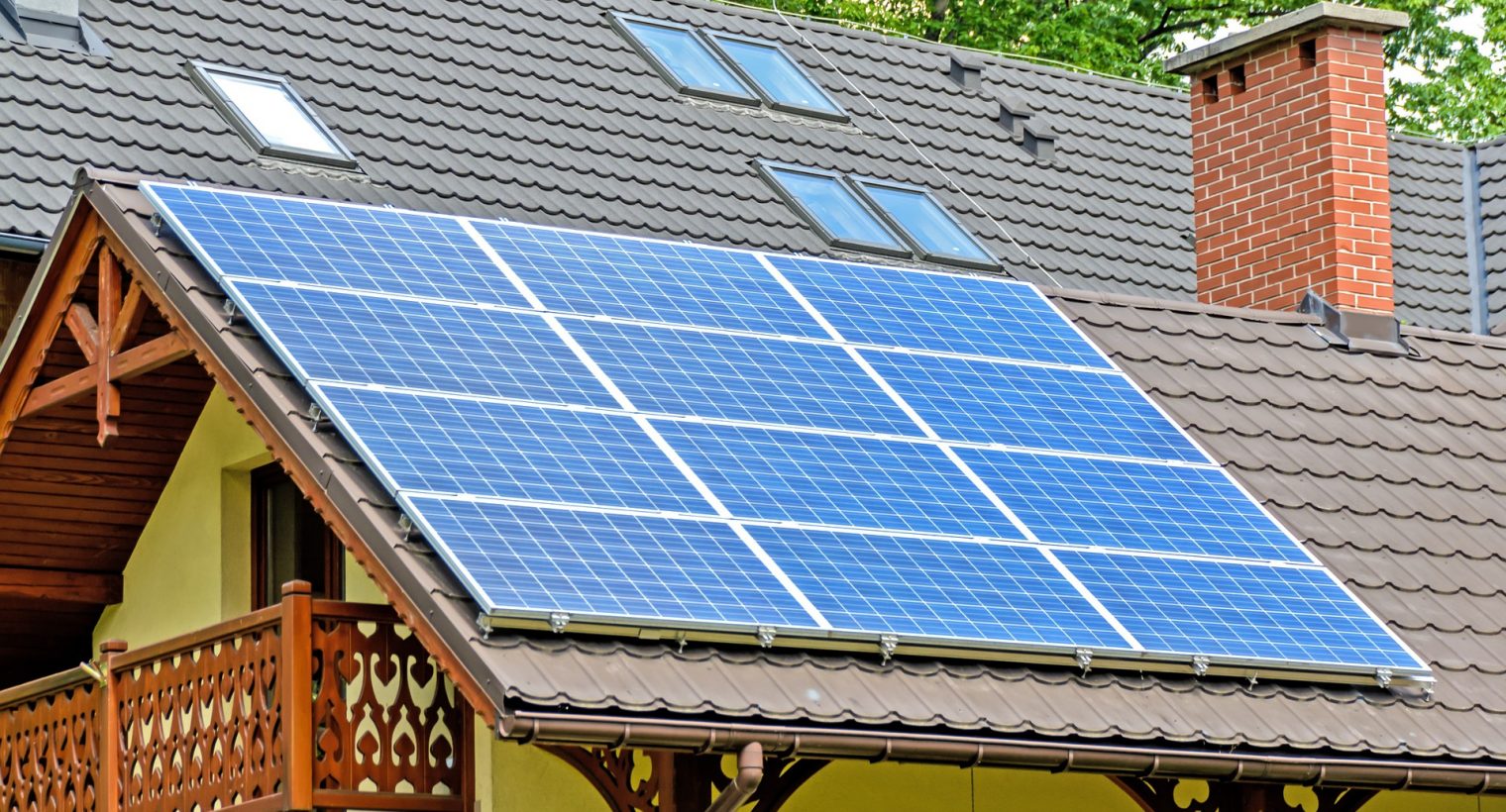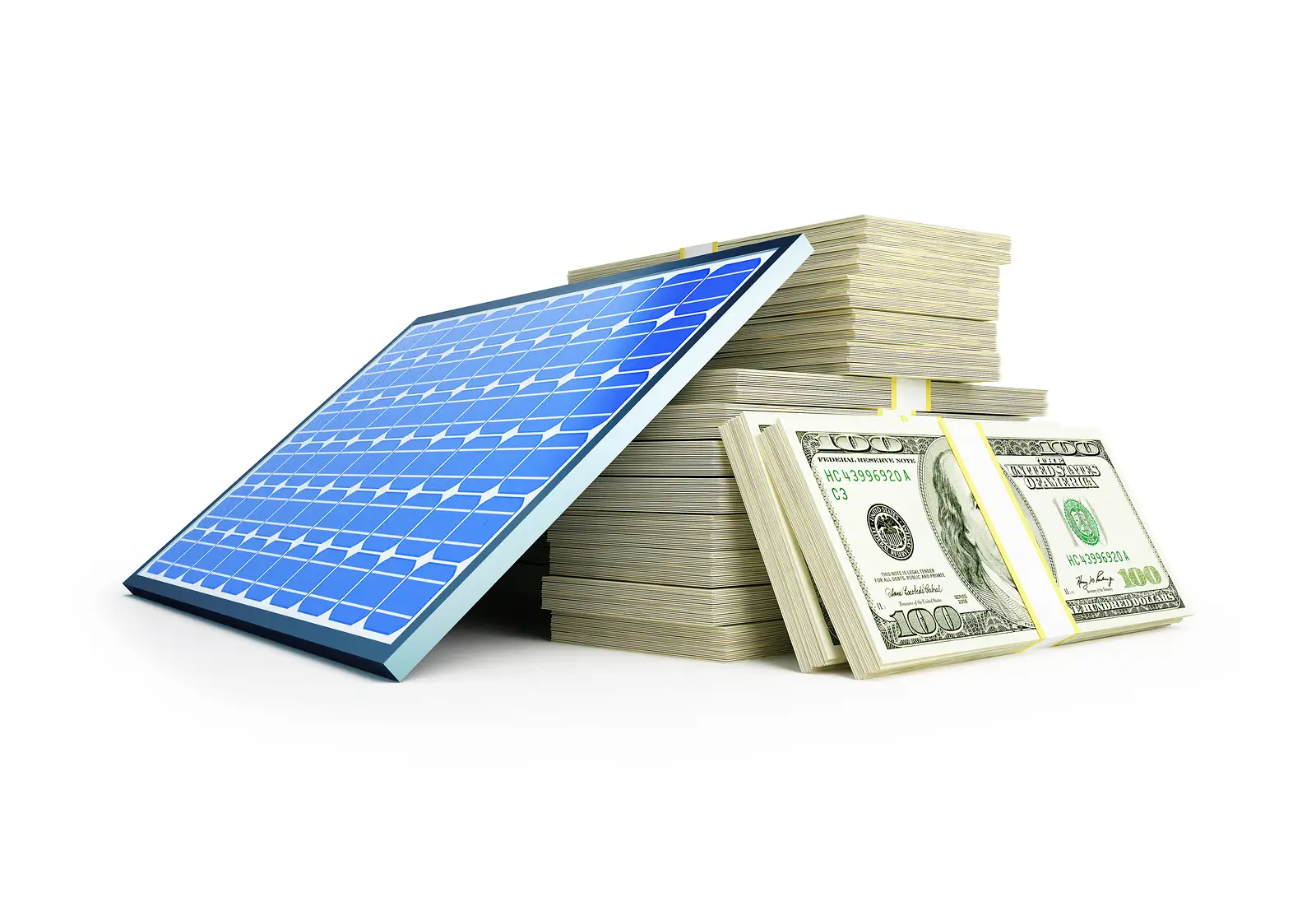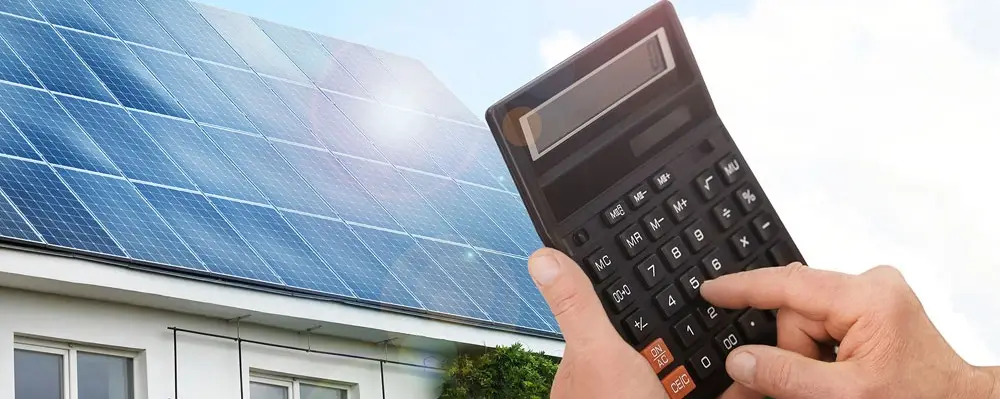This article is your complete guide to solar energy pros and cons for 2024. Most importantly, a pro is that it will lower your electric bill, but a con is that they are expensive to initially install. So, if you want to weigh more pros and cons of getting solar panels, keep reading.
Here at The Energy Professor, we want to give you the information you need to not only save money on your energy bill but also to become more energy efficient. We hope find this post helpful! And makes it easier for you to know more about the pros and cons of solar energy. Be sure to also check out our one-of-a-kind energy savings calculator!
The Energy Professor Electricity Rate Check Tool
Solar Energy Pros and Cons
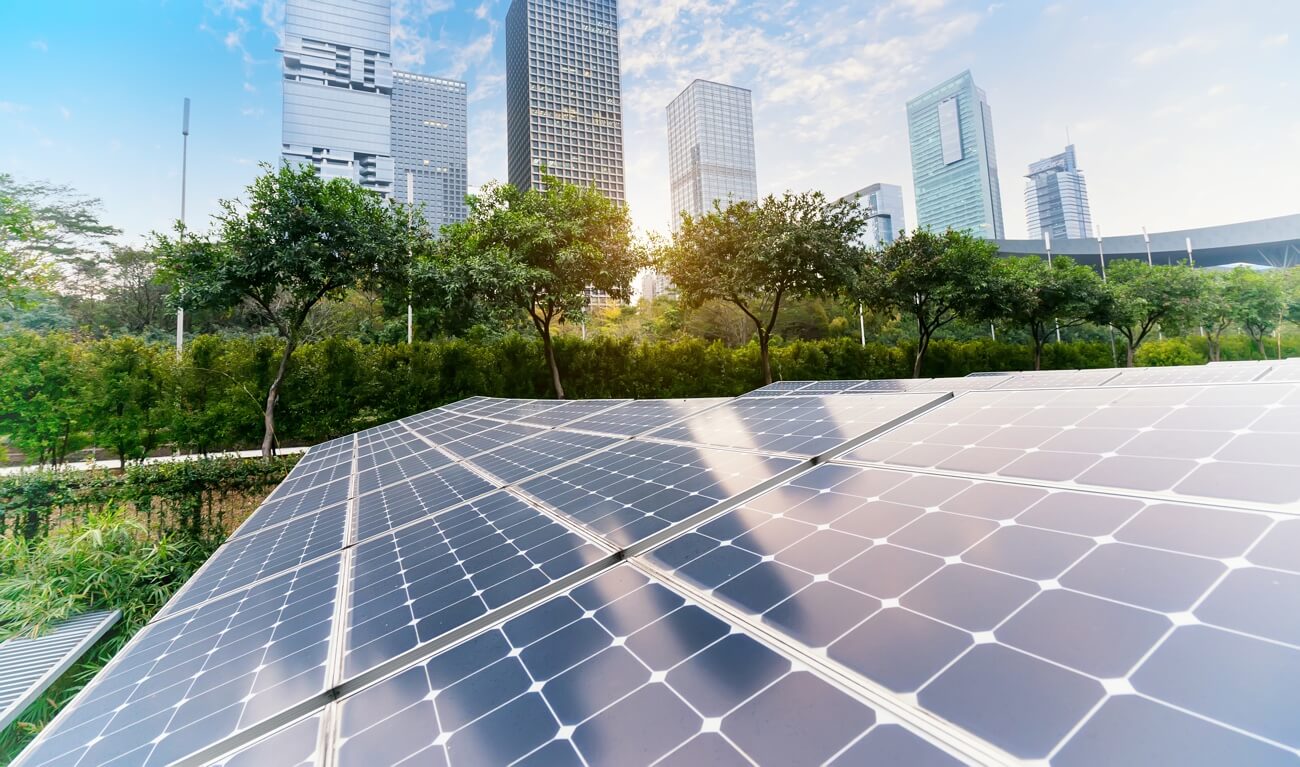
Homeowners can feel the growing pressure to invest in renewable energy. From the seemingly endless amount of solar panel salespeople. To the pressure on the energy sector for renewable. Especially now that solar energy has become more affordable and attractive to homeowners for the federal tax credits. Solar panels continue to become more efficient and environmentally friendly than ever before. But are they right for you and your home?
What are the Pros and Cons of Solar Energy?
Pros:
- Lowers electric bill
- Renewable & reduces your carbon footprint
- Low Maintenance Costs
- Improves home value
- Incentive programs
Cons:
- Expensive startup cost
- Not accessible to all homes
- They can be hard to install
- Weather/Daylight Dependent
- Long-term financial liability
As you can tell, there are many pros and cons to solar energy. No matter if you’re looking to use the benefits or invest in them, we will cover some of the most important topics. Below, we will list the pros and cons of solar energy starting with the most impactful to the least, in our opinion. So without any more delay, let’s get into the pros and cons of solar energy!
Related post: Do Solar Panels Work on Cloudy Days?
What are Solar Energy Pros?
#1 – Lower electric bill
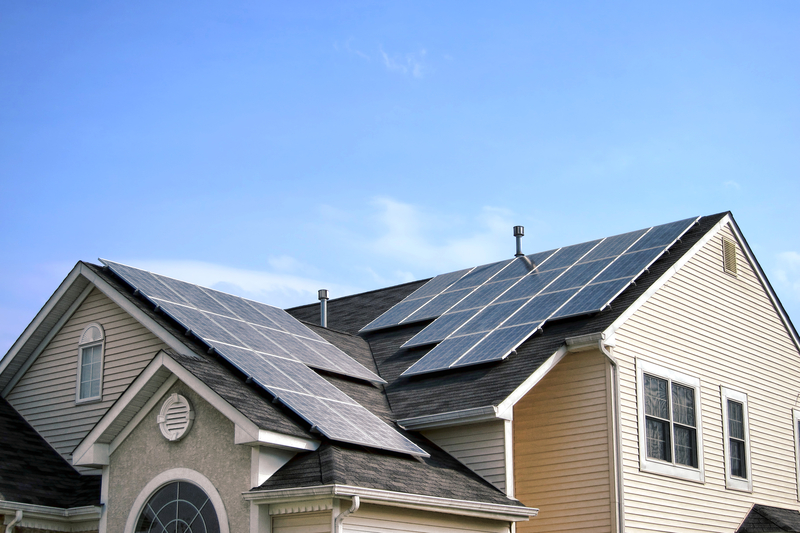
One of the biggest pros of solar energy is simply saving money. If you are a person looking to significantly lower your energy bill you should consider solar energy. We consider this such a pro of solar energy because depending on how much electricity you can generate with your panels, you could make money back. Some solar panel owners are even able to sell excess energy back to their local energy provider for profit!
How Much Can I Sell Solar Energy For?
- How much money you can make by selling your energy back to the grid can vary. But on average, you could potentially make anywhere between $50 – $700 a month!
Solar panels allow you to generate electricity for your home. That electricity is sent back into that power grid that your house is on. At the end of the billing period, you will only be billed for the energy you use. After they’ve subtracted how much you’ve generated versus how much you’ve given, the difference is purchased back from you. Usually in the form of an electric bill credit. To us, this is one of the best pros for solar energy.
Related post: What is a Solar Power Purchase Agreement?
#2 – Renewable Energy Resource
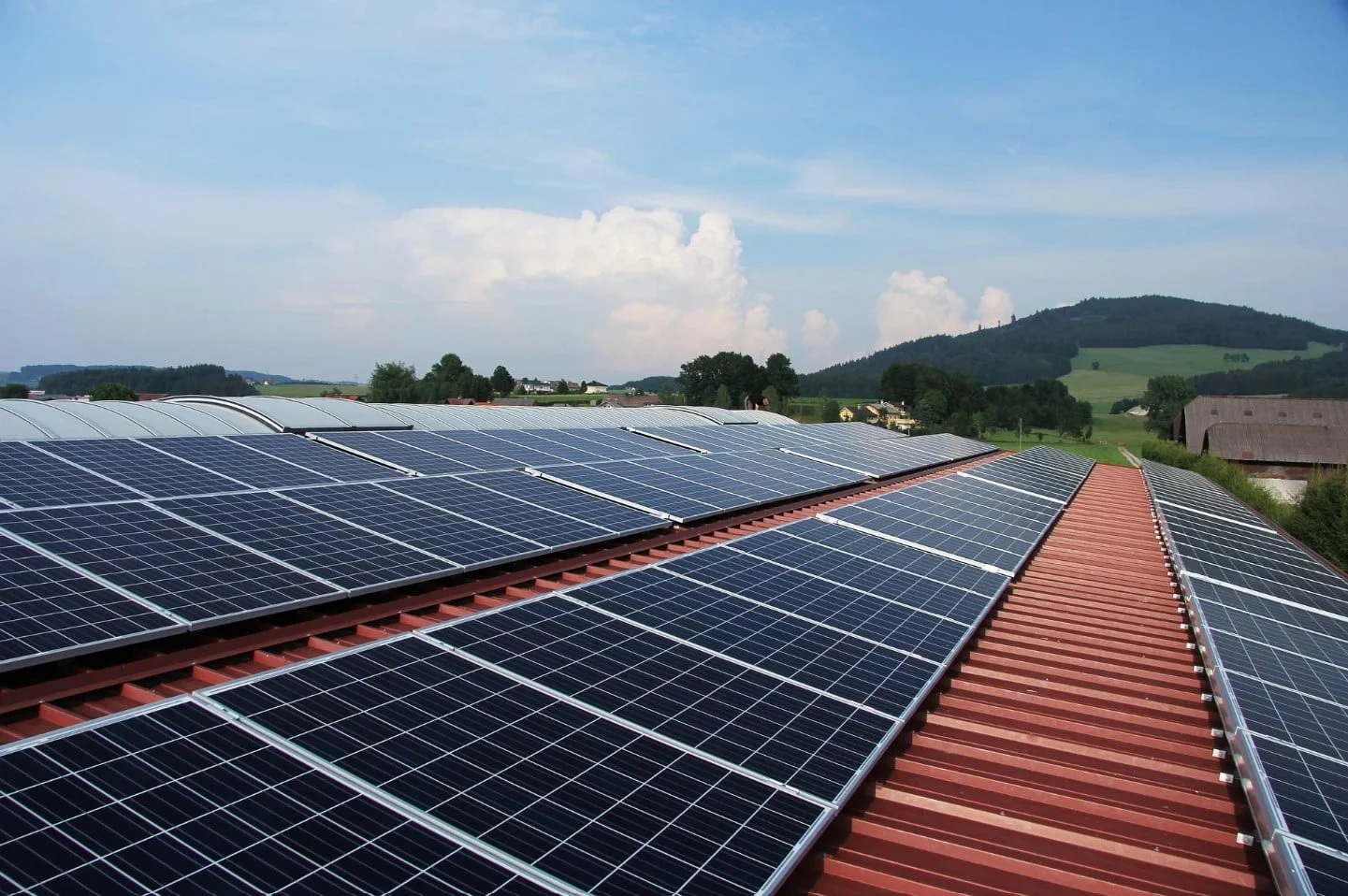
When weighing the pros and cons of solar energy, the fact that solar energy is renewable is one of the biggest pros. Since solar energy is fully renewable. We never run out of it and will be accessible as long as the sun still shines. Even if there are shortages of fossil fuels, solar energy can be harnessed anywhere in the world and is readily available. Of course, reducing your carbon footprint by using solar panels use a renewable energy resource is also a pro to solar power. Solar panels do not release any carbon dioxide. And while there is a slight carbon output for the production of them, it is lower than typical fossil fuels.
Solar Panel VS Fossil Fuel Carbon Footprint
- Solar Energy has a carbon footprint that is 20 times less than coal-powered electricity.
When taking in the argument of solar power creating carbon output. You have to look at the life cycle emission when balancing the cons and pros of solar energy. Solar produces less life-cycle GHG emissions than conventional fossil fuel energy sources. While there may be some GHG emissions produced during the manufacturing and recycling of the solar system, the generation of energy results in zero GHG emissions and zero environmental impact.
Related post: How Much are Tesla Solar Panels?
#3- Low Maintenance Cost

Another big pro for solar power is that they have a very low yearly maintenance cost. Once they are installed on your roof, you should only need to keep them maintained. There are no moving parts inside of the solar panel, which leaves less room for breaks or wear and tear. The only part that should be changed is the inverter, which needs to be changed every 5-10 years to keep it at maximum efficiency.
How Much is it to Maintain Solar Panels?
- While solar panel warranties may cover some maintenance costs, some things you’ll have to call in the professionals for. This can run you about $140 – $180 annually for each visit. This means that for the entire year, you’ll be spending about $300 in maintenance fees.
Since most solar panels offer a 20-25-year warranty, you won’t have to worry about replacing any broken panels since your manufacturer should be doing that for you. The typical things you’ll need to have serviced are the annual inspection and an annual cleaning.
Related post: Will I Need Solar Panel Maintenance?
#4 – Improves Home Value
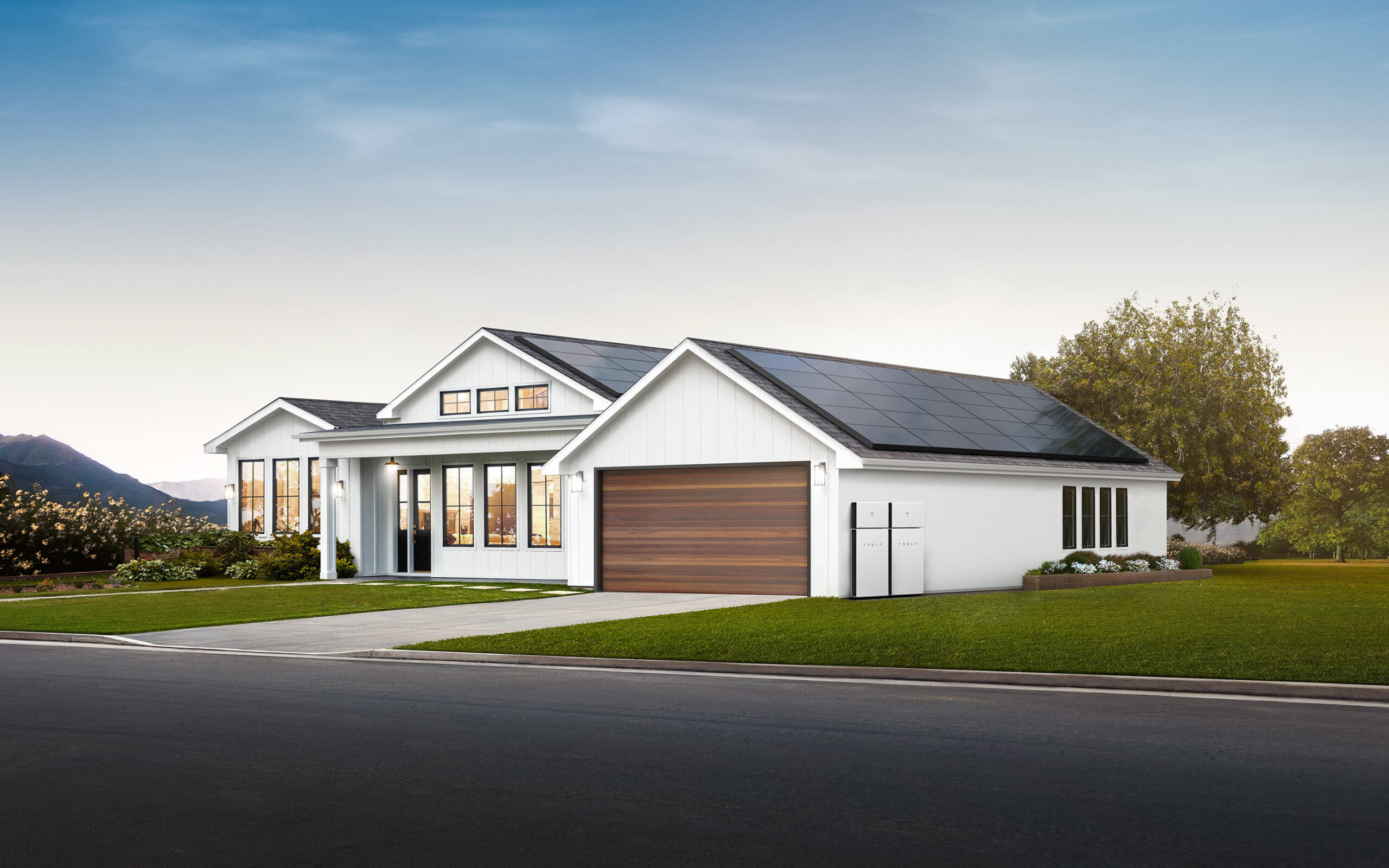
Another big advantage of solar panels is that adding them to your home can significantly increase its value. If you ever want to sell your home, you can include the panels in the cost. The Berkeley Lab found that in a particular study of homes, a typical photovoltaic solar panel system added $15,000 of value to homes that had them. Zillow has also reported that homes with solar panels can sell for up to 4.1% more than homes that do not have solar panels.
How Much Can Solar Panels Add to My Home’s Value?
- On average, a typical solar panel system can add almost $15,000 to the value of your home. That’s an average of about 4.1% of a home’s value!
So, there is supported data to show that your home will be more valuable with solar panels installed on them. It is important to note that the location of your home, as well as, other factors in real estate could change how much or how little that will impact the overall value of your home.
Related post: Is Solar Power Worth it?
#5 – Incentive Programs
One of the best pros of solar energy is that it has become more affordable than ever. Since 2015 costs have dropped about 22%! That is mainly because of the financial incentives available to those looking to install solar panels in their homes. There are a handful of different incentive programs to look out for. As with most things, some are better than others. But there are two standouts in our opinion. The Solar Energy Credit and the Federal Solar Tax Credit. These programs are in place to encourage homeowners businesses to install solar to reduce carbon emissions.
What are the Best Solar Incentives Programs?
- Solar Energy Credits (SRECs) – A state-based program that allows homeowners to earn credits for every kilowatt-hour of electricity produced from their panels. The pay varies from company to company, but SRECs can be sold for money back in your pocket.
- Federal Solar Tax Credit – Tax credit available to homeowners who are purchasing brand new solar panels for their homes. All US residents are eligible to receive the solar tax credit and it deducts 26% of the cost of installing a new solar system.
Solar PV systems installed in 2020 and 2021 are eligible for a 26% tax credit. In August 2022, Congress passed an extension of the ITC, raising it to 30% for the installation of which was between 2022-2032. (Systems installed on or before December 31, 2019, were also eligible for a 30% tax credit.) It will decrease to 26% for systems installed in 2033 and to 22% for systems installed in 2034. The tax credit expires starting in 2035 unless Congress renews it.
Related post: Complete Guide on Solar Leasing
What are the Cons to Solar Panels?
#1 – Expensive Startup Cost
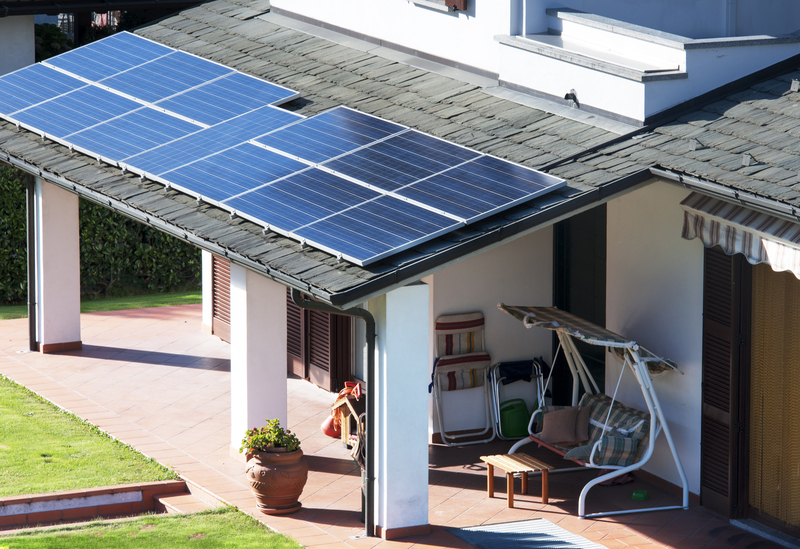
Cost can be both a pro and con of solar energy, in that while they can save you money in the long run, they are very expensive to start up. According to Forbes, the average cost for solar panels is about $16,000 with the high end being $35,000 and the low end being $3,500. The cost for solar isn’t only the panels, it will include the inverter, wiring, and cost of installation. Costs of solar panels are plummeting as technology is developing, so we can anticipate the cost getting lower and lower as the years go on.
How Soon Do Solar Panels Pay for Themselves?
- The average payback period for solar panels is 6 – 10 years. It’s a pretty wide range, but many factors can influence the number of years it can take to pay off your panels and the monthly savings you can expect.
There’s no way around the fact that a larger solar installation is going to have a higher upfront cost. But it will also have a higher monthly savings. Which is a massive pro to solar power So if the electricity rate from your utility increases significantly, that can have a large impact on your long-term savings.
Related post: Are Solar Panels Worth it in Houston, TX?
#2 – Not for Every Home
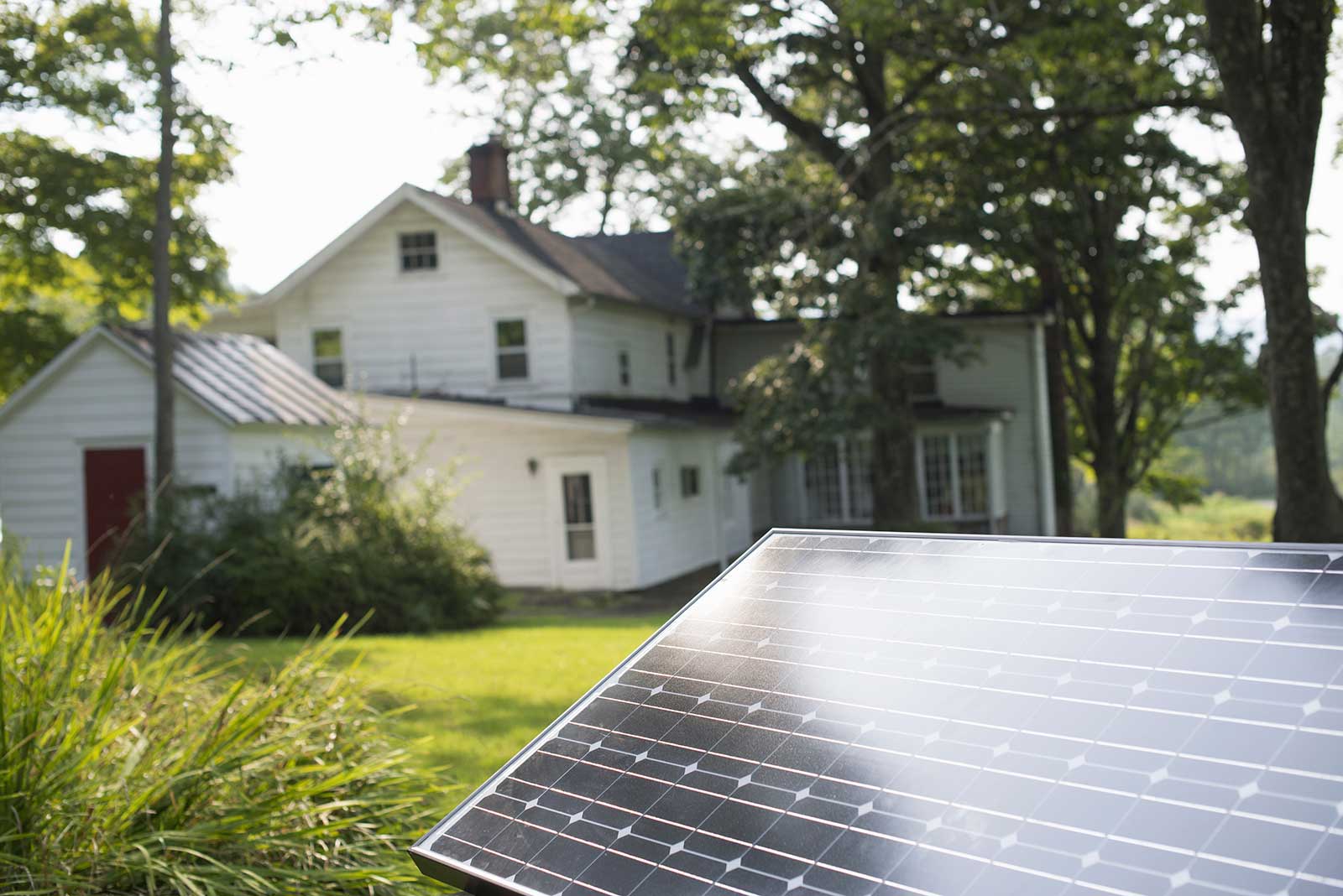
Another con of solar panels is that while there are panels for just about every single home, the orientation of your home may not be fit for installation. If your roof is in a shaded area or isn’t positioned to receive maximum sun, you might not want to spend the money to install them on your roof. For solar panels to work most effectively, they need to be in the sun for the majority of the day. So make sure to check how much direct sunlight your house will get and take notice of the vegetation and buildings around you.
How Can I Tell if My House is Good for Solar?
- The size, shape, and slope of your roof are the important factors to consider when looking into solar for your home. Typically, solar panels perform best on south-facing roofs with a slope between 15 and 40 degrees. But other roofs may be suitable too!
You should also consider the age of your roof and how long it will need replacement. A general guideline to follow when debating the pros and cons of solar panels is if your roof is older or younger than 10 years. Typical asphalt shingle roofs should be within 10 years of age and in good condition before putting solar panels on. If your roof is over 10 years old, then you may want to schedule a roof inspection to see if it’s still in good enough condition for solar panel installation.
Related post: What Do Tesla Solar Panels Cost?
#3 – Difficult Installation
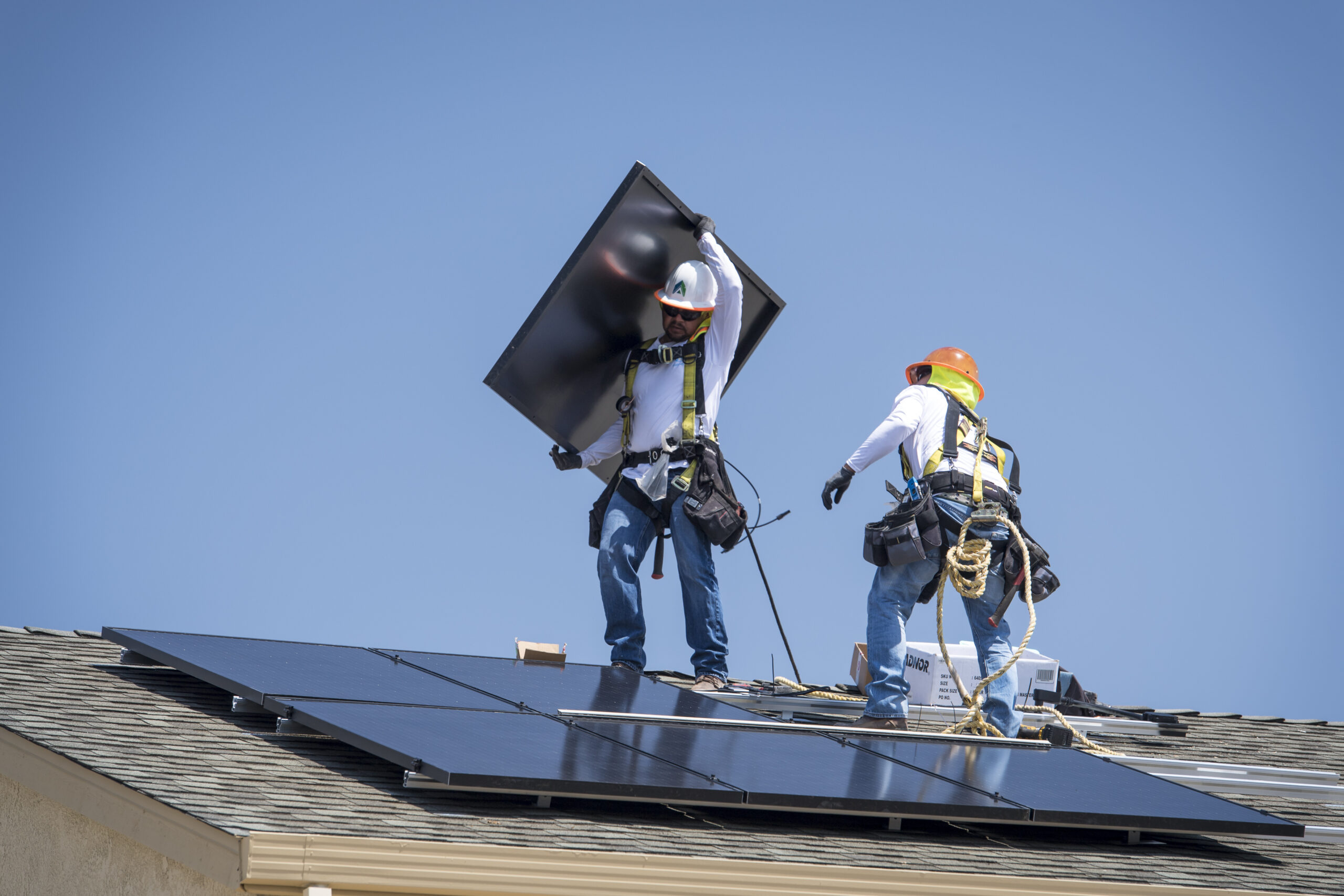
While having someone do the work to install your panels, solar energy pros and cons can depend on who you ask! We think that it is a con because it is another added expense. On top of needing either a contractor or a solar installer to put the panels on your house, you will also need to obtain the proper city permits for the work being done.
How Much Do Solar Panels Cost To Instal?
- Installation costs for solar panels can cost anywhere between $5,400 to $10,000
So not only will you have to find a reliable solar installation company, but you will also have to do a little extra work to ensure you’re legally putting them on your house. Because of this, it is expensive! As we mentioned above, the average cost to install a 6kW solar panel system on a 1,500 sq. foot home is around $16,000. With that being said, the price per watt for your panels could cost up to $3.5o.
Related post: Are Solar Panels Worth it in Dallas, Texas?
#4 – Weather Dependent
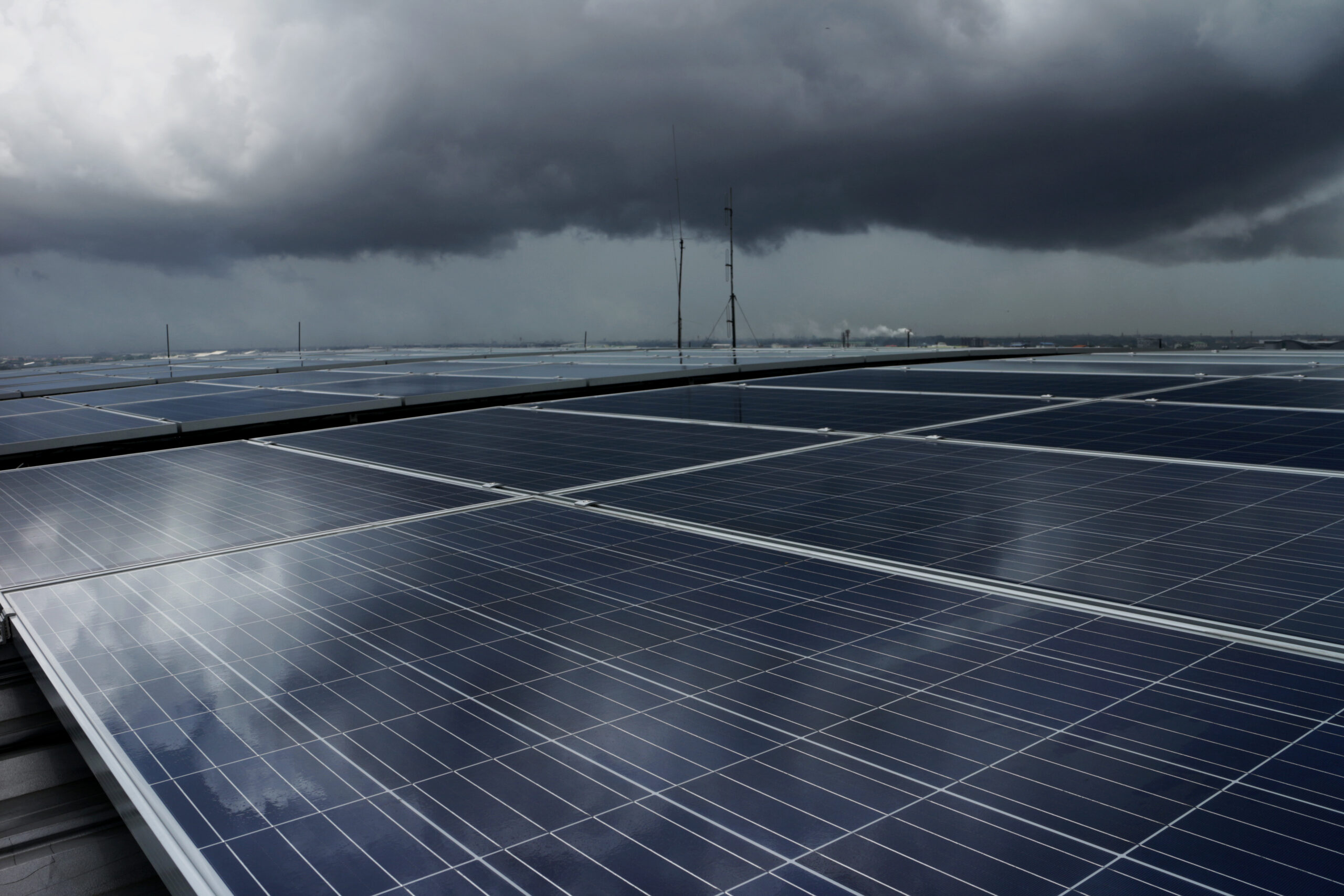
Solar energy is appropriate for most homes throughout the country but can be rather inefficient in certain climates. Cloudy and rainy days can still provide energy to solar panels but are much less efficient than how they work on a sunny day. Solar panels do not collect energy at night, therefore, you’ll have to make sure the batteries have enough charge to work at night when they’re not producing.
Do Solar Panels Work When it’s Cloudy?
- Yes, solar panels absorb daylight even on cloudy days. Although they will produce less energy than on a bright sunny day. You want your solar panels to receive the much sunlight as possible.
This is why if you have trees hanging over your house – it is probably not the best idea to install solar panels. To help combat this issue, many solar panel users will use solar energy during the day, and wait to pull from the energy grid until nighttime.
Related post: Do Solar Panels Work On Cloudy Days?
#5 – Long-Term Financial Liability
While being able to finance or lease your solar panels can be a huge positive to get over the financial barrier of installation, it can also be a big con. Solar leases can typically last 20 to 25 years, which means it is many years to maintain a budget to not miss payments for your solar panels. If you happen to come across unforeseen financial trouble, you are still obligated to pay for your panels, which can be a huge burden if you’re in a pinch.
What is the Purpose of a Power Purchase Agreement?
- To ease the financial investment of a homeowner looking to convert their energy to solar power
It is also very important if you choose to lease your solar panels to ensure that the installation company is trustworthy. Some lenders might have hidden terms and conditions that might come back later on with higher interest rates or payments. Make sure to read all contracts and agreements before you install solar panels on your house.
Related post: How Much Do Solar Panels Weigh?
Solar Energy Pros and Cons FAQ
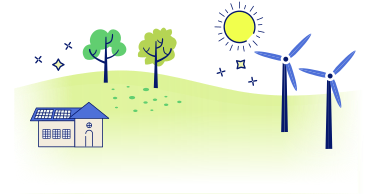
Q: Does Solar Pay For Itself?
A: There are various ways solar panels pay for themselves. From reducing your carbon footprint to increasing your home’s value. The National Renewable Energy Laboratory found that homes with solar power increased in value by $20 for every dollar saved on energy. That is a 20-to-1 return on investment (ROI).
Q: Can Solar Panels Run an Air Conditioner?
A: Yes, you can run an air conditioner with solar power. It doesn’t matter if you’re on or off the grid, you can run your AC on solar energy!
Q: Do Solar Panels Affect Homeowner’s Insurance?
A: Most rooftop solar energy systems are covered by standard homeowners policies. Which amazingly for you, won’t change your insurance plan! However, you may need to increase the amount of coverage on your home to account for the cost of the system which can then raise your premium.
Q: Are Solar Panels Worth It?
A: While considering everything, we think yes, solar panels are worth it!
Do you Need Cheaper Electricity?
If you’ve taken the time to understand the information on your bill and discovered you’re paying more than you’d like for your electricity, have you looked around for a cheaper deal? The Energy Professor has a wealth of information on ways to save on your utilities, including details of top deals that could significantly reduce your monthly or quarterly electricity bills.
We hope you found this article helpful! If you are looking for ways to increase energy efficiency and sustainability in your home be sure to take a look at all of the latest renewable energy options in your area. The Energy Professor helps residential and small business owners find qualified energy suppliers in New York, New Jersey, Pennsylvania, Texas, Ohio, Maryland, Illinois, and Massachusetts

